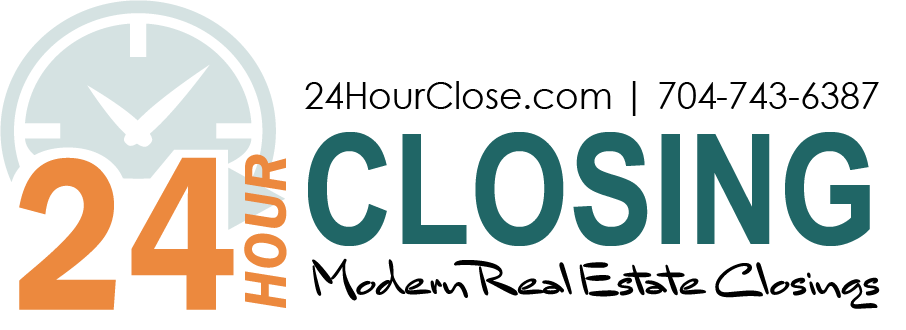
Wholesaling real estate is a dynamic and lucrative niche within the real estate industry that involves finding properties at discounted prices and then selling them to other investors for a profit. It’s a strategy that requires market knowledge, negotiation skills, and an understanding of the buying and selling process. In this comprehensive guide, we’ll delve into the essential aspects of wholesaling real estate, from understanding the basics to executing successful transactions.
What is Wholesaling Real Estate?
Wholesaling real estate is a strategy where a real estate wholesaler acts as an intermediary between a motivated seller and an end buyer, typically an investor. The wholesaler identifies distressed properties, negotiates a purchase contract with the seller at a reduced price, and then assigns or sells the contract to another buyer for a higher price, often without making any repairs or improvements to the property.
The primary objective of a wholesaler is to find properties below market value, ensuring there’s room for profit when selling to the end buyer. Wholesaling is often seen as a low-risk entry point into the real estate industry, requiring minimal capital compared to traditional property investment.
Key Steps to Wholesaling Real Estate
1. Market Research and Analysis
Understanding the local real estate market is crucial for success in wholesaling. Conduct thorough research to identify target neighborhoods, property types, and market trends. Analyze recent sales, rental rates, and demand to determine the potential for profitable deals.
2. Building a Network
Networking is fundamental in real estate wholesaling. Establish relationships with real estate agents, other wholesalers, investors, attorneys, and property owners. A strong network can provide valuable leads and partnerships that can contribute to successful deals.
3. Identifying Distressed Properties
Look for distressed properties such as foreclosures, probate properties, pre-foreclosures, vacant houses, or those in severe disrepair. These properties often present opportunities for significant discounts, making them suitable for wholesaling.
4. Negotiating with Sellers
Negotiation skills are paramount in wholesaling. Approach distressed property owners and negotiate a purchase contract at a price below market value. Clearly outline your intentions to assign the contract to another buyer, ensuring the terms permit this assignment.
5. Building a Buyer’s List
Develop a list of potential buyers, including investors and individuals seeking properties for various purposes. Understanding their preferences and investment criteria helps match suitable properties to potential buyers efficiently.
6. Marketing Your Deals
Utilize effective marketing strategies to promote your wholesale deals. This could involve online platforms, real estate forums, direct mail campaigns, or leveraging social media. Effective marketing increases the chances of finding a suitable buyer quickly.
7. Assigning or Closing the Deal
Once you have a buyer interested in the property, you can either assign the contract to them for a fee or proceed to close the deal. In an assignment, you sell the contract rights to the buyer, and they take over the purchase. In a double closing, you purchase the property and immediately resell it to the end buyer.
Advantages of Wholesaling Real Estate
- Low Initial Investment: Wholesaling requires minimal capital compared to traditional real estate investments since you’re not purchasing the property but merely assigning the contract.
- Quick Profits: Wholesaling transactions can often be completed within a few weeks, allowing for faster turnaround and profit realization.
- No Renovation Costs: As a wholesaler, you’re not responsible for property renovations or repairs, reducing financial risk and workload.
- Market Knowledge and Networking: Wholesaling provides an opportunity to gain valuable market insights and build a network of real estate professionals that can benefit your future endeavors.
- Scalability: Once you’ve established a successful wholesaling process, you can scale your operations and increase deal volume to enhance profitability.
Challenges in Wholesaling Real Estate
- Finding Reliable Deals: Locating distressed properties at significant discounts can be challenging, requiring a keen eye for opportunities and a comprehensive understanding of the market.
- Negotiation Skills: Effective negotiation is vital to secure profitable deals. Developing and refining negotiation skills is an ongoing process that is crucial for success in wholesaling.
- Market Saturation: In competitive markets, finding profitable deals can be more challenging due to increased competition among wholesalers.
- Legal and Ethical Concerns: Wholesaling involves navigating legal and ethical considerations, such as ensuring proper contract assignments and disclosure of your role in the transaction.
Conclusion
Wholesaling real estate is a viable strategy for individuals looking to enter the real estate industry with limited resources. By understanding the market, building a robust network, and honing negotiation skills, you can successfully wholesale properties and generate profits without the traditional risks associated with property ownership. It’s essential to continually educate yourself, adapt to market changes, and maintain integrity in your transactions to thrive in this dynamic and rewarding real estate niche.

